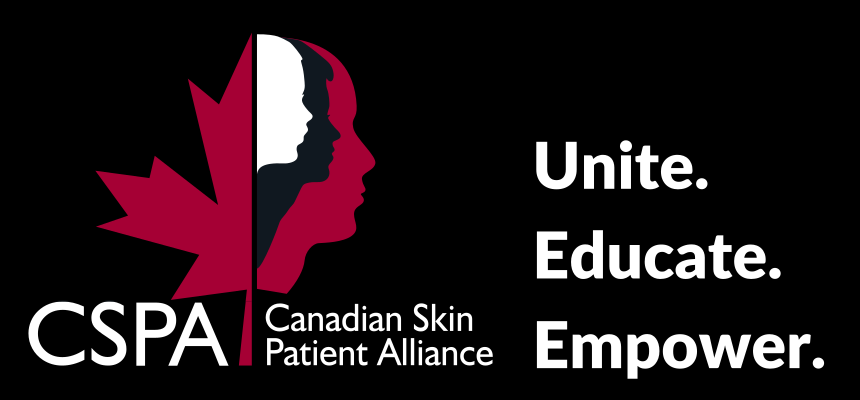Despite availability of topical and oral therapy, recurrence of nail fungus infection is very common (in approximately 20-50% of all patients), especially on toenails and when the degree of nail fungus is severe. In patients that have recurring fungal nail infections, occasional topical and oral antifungal therapy may be initiated.
If left untreated, infection may spread to other nails. Nail fungus infections can lead to serious complications, like skin infections (i.e., cellulitis), especially in patients with diabetes or other conditions or treatments that compromise the immune system.
Tips to help prevent nail fungus
- Keep your feet clean and dry.
- Avoid nail polish and acrylic nails, which prevent air from reaching the nail surface.
- Avoid sharing unsterilized nail manicure equipment.
- Avoid walking barefoot in public showers, pools and locker room areas – instead wear sandals or flip flips when in these areas.
- Change shoes and socks frequently.
- Keep nails clipped short and straight across.
- Wear well-fitting socks and shoes made of breathable materials (cotton, wool, new moisture-wicking fabrics).
- Old shoes may often harbor large numbers of infectious organisms and should be discarded or treated with disinfectants or antifungal powders.
- Disinfect clippers and other instruments used to treat nails.
- If prone to fungal infections, consider using antifungal or absorbent powders.
- Inspect your hands and toenails regularly to identify and treat nail fungus early.
If you suspect you have nail fungus, do not hesitate to speak to a healthcare professional. The pain and discomfort related to nail fungus is best managed with the help of your doctor.
Are you hiding your hands or feet due to embarrassment? Nail fungus is common and treatable. Do not let it burden your life.











